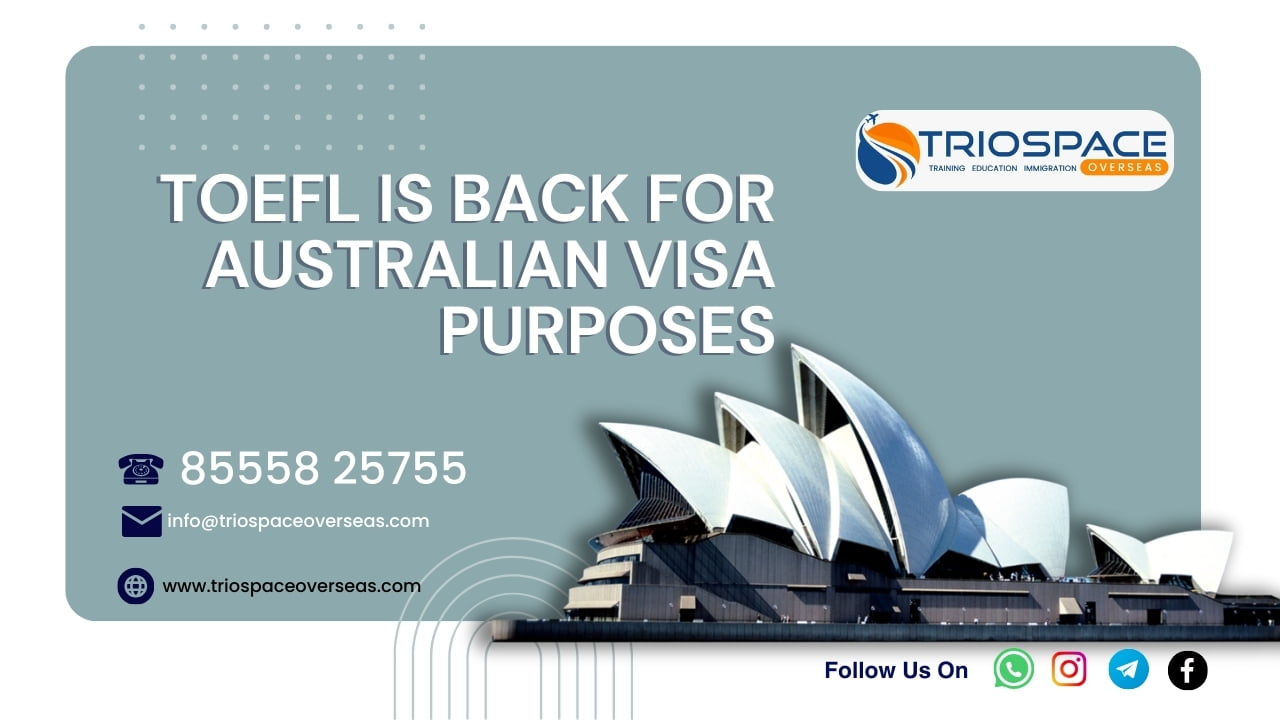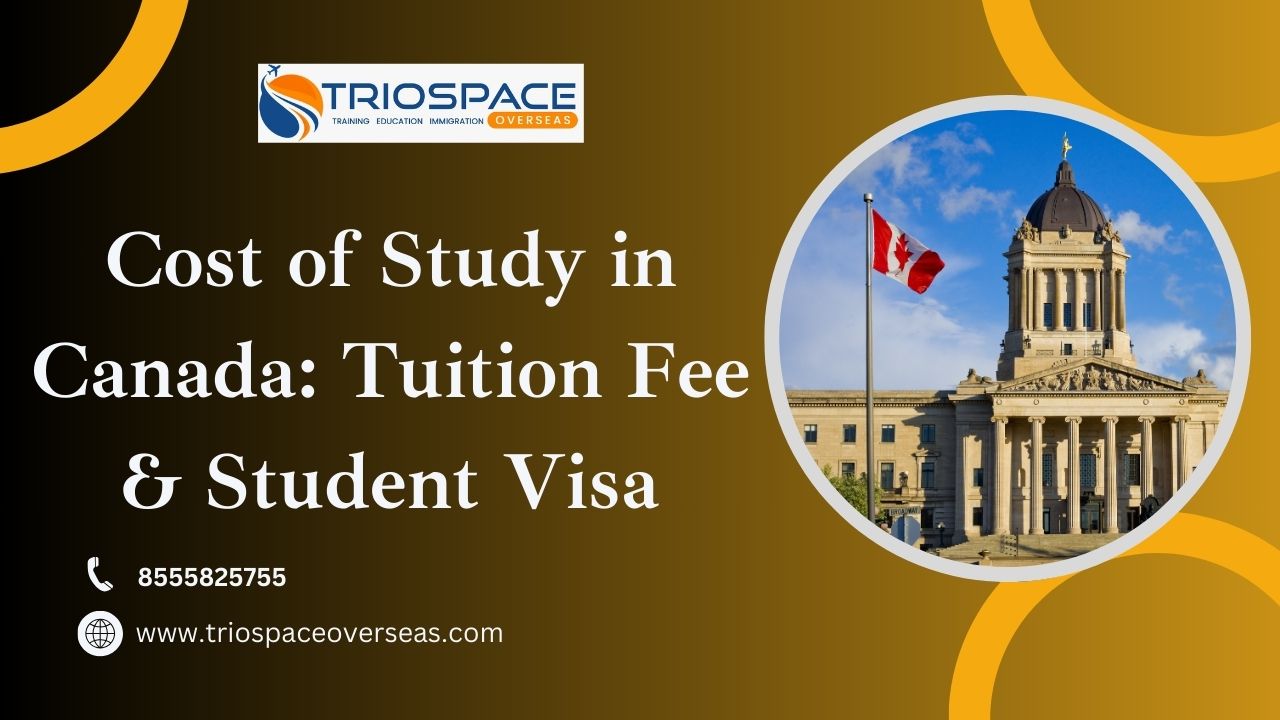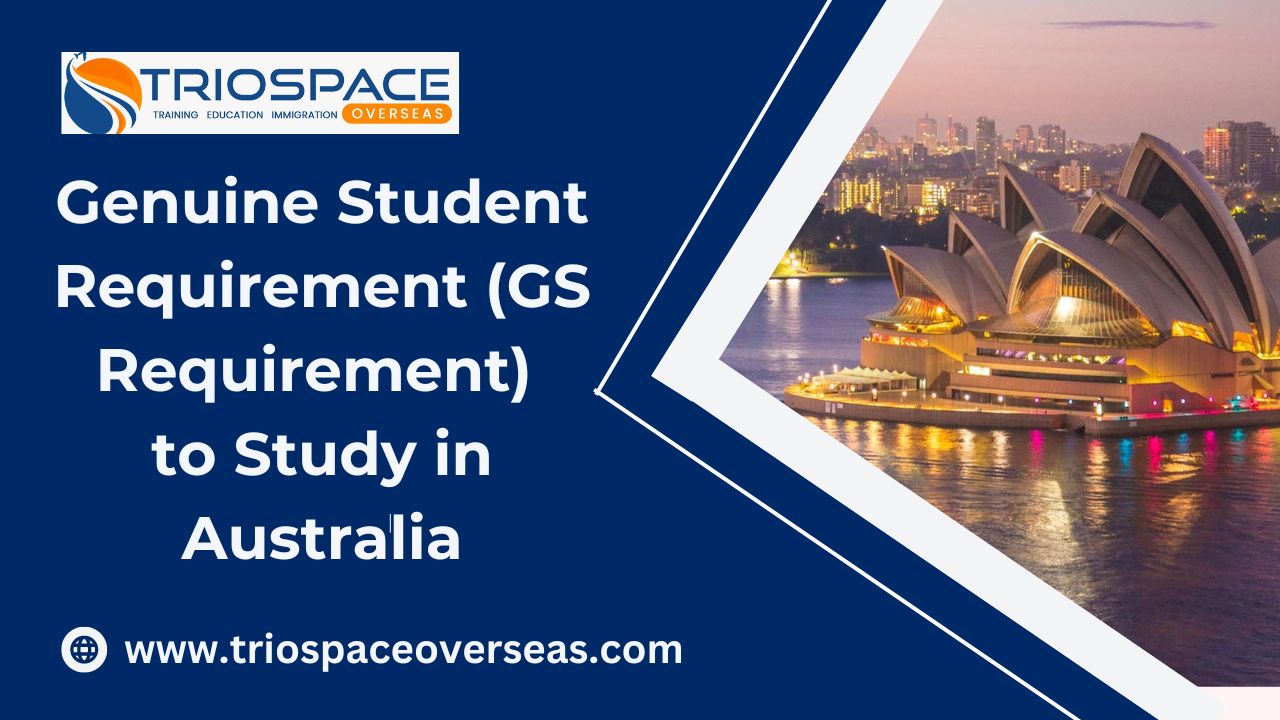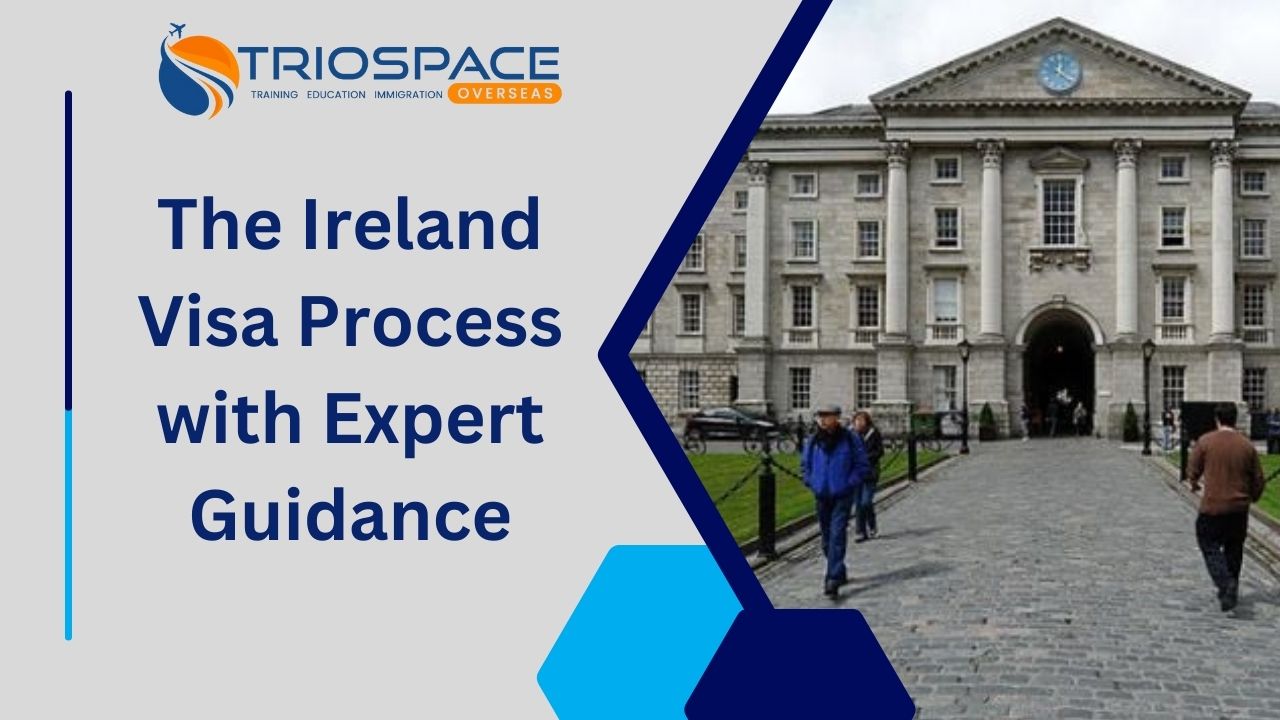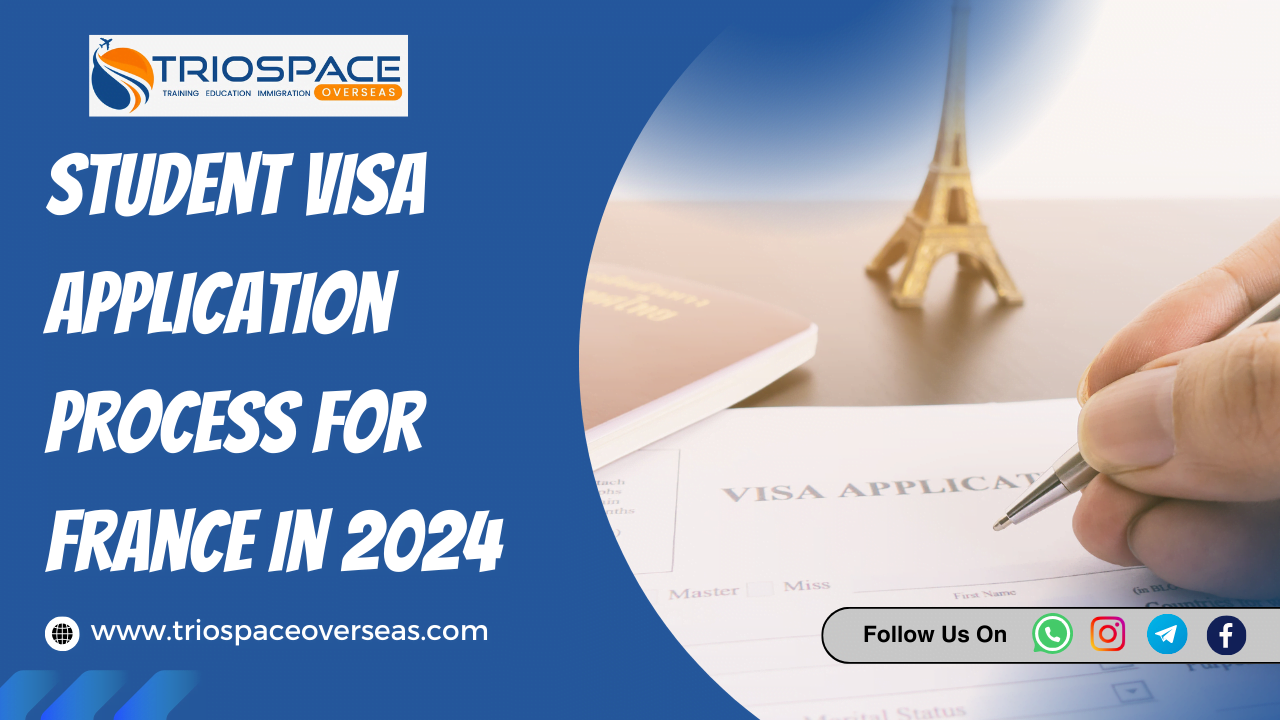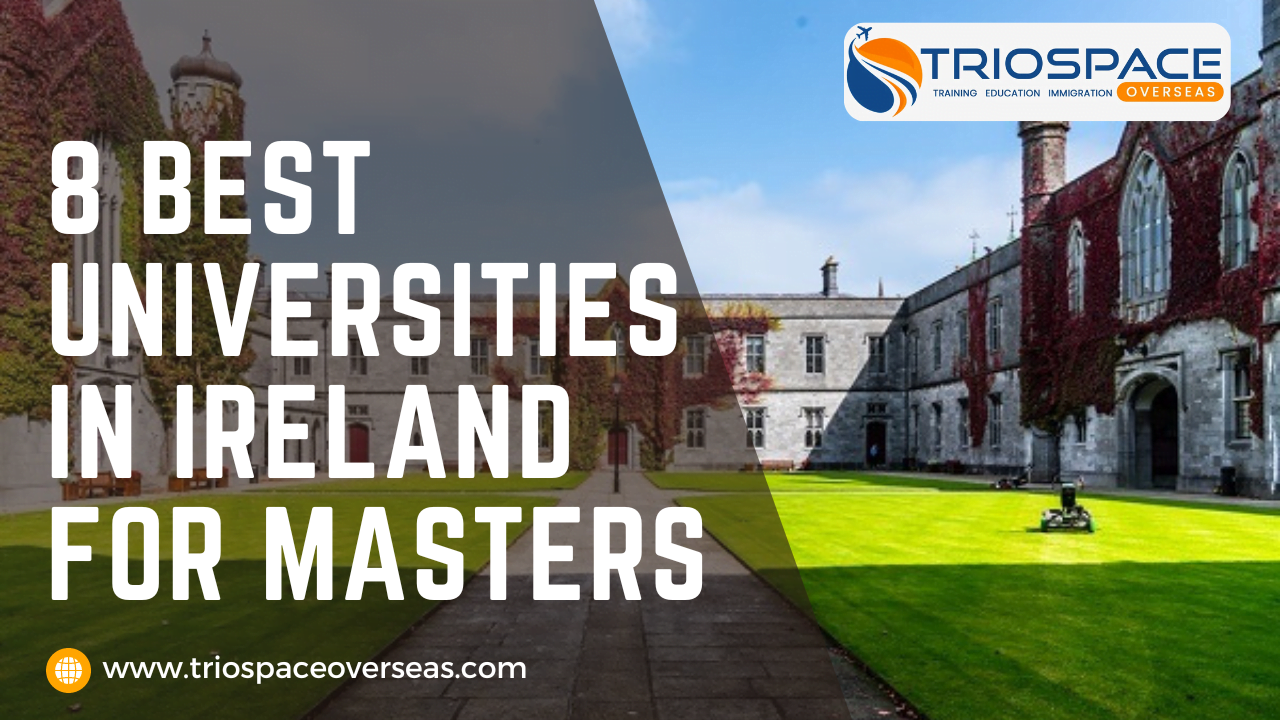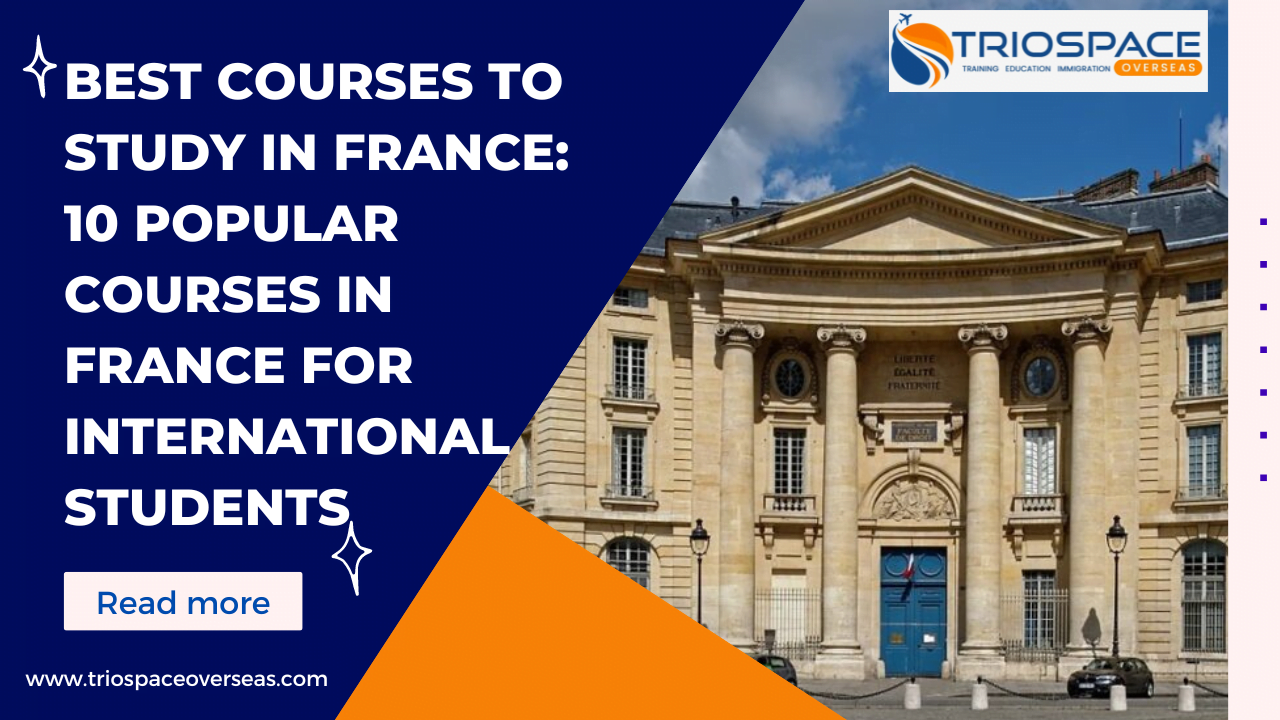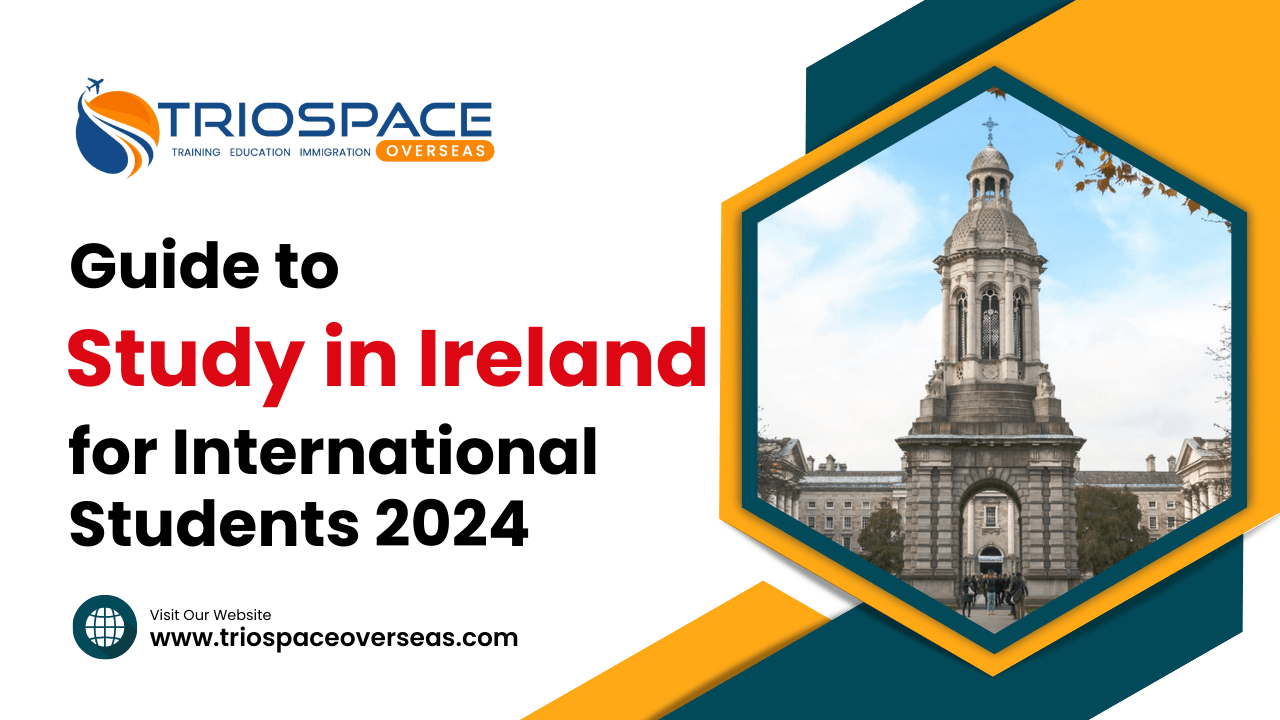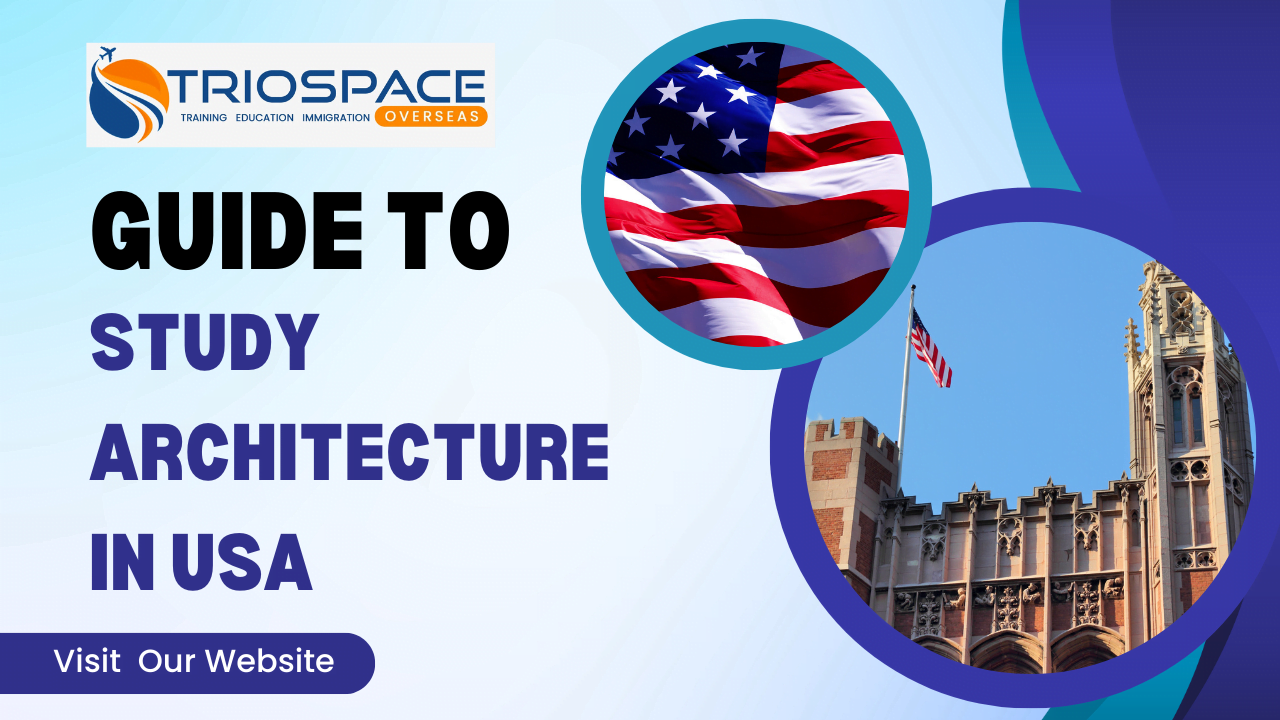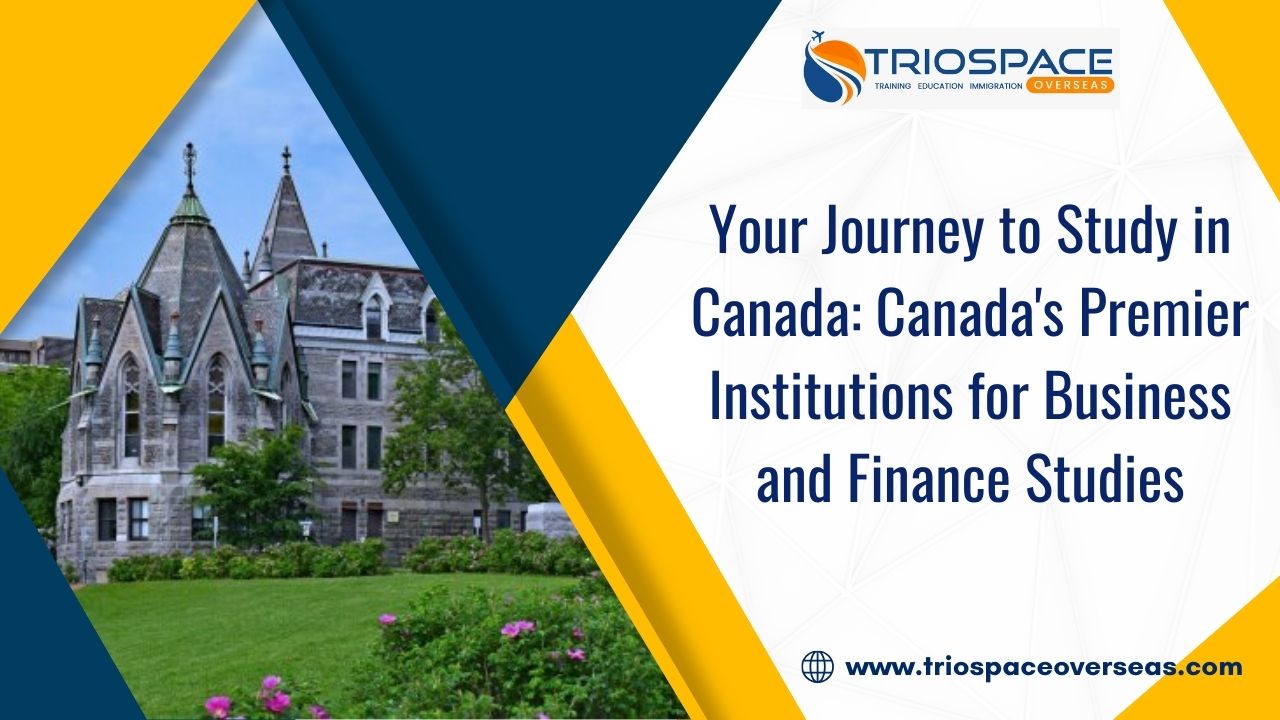
Planning to Study in Canada
Canada Abroad Education Consultants in Hyderabad
Speak with Study Abroad Expert
Study in Canada Abroad Education Consultants in Hyderabad
The top Canada Abroad education consultants in Hyderabad is Triospace Overseas. Our primary focus is on helping students who want to study in Canada pursue higher education. We are experts in assisting students with the process of studying overseas. In order to guarantee a smooth transition and a fruitful academic experience, their committed staff offers extensive support.
Canada is well-known for offering outstanding education at affordable tuition rates and degrees that are accepted around the world, and it has over 500,000 international students studying there. Studies abroad in Canada are popular among Indian students because of its excellent quality of life, plenty of post-study career opportunities, and immigration policies.
Why Study in Canada?
Canada is a well-liked study-abroad location because of its strong work opportunities, welcoming and diverse culture, and high quality of education. Here are a few strong reasons for thinking about Study in Canada:
- World-class education
- Diverse and welcoming culture
- Excellent job prospects
- Safe and liveable cities
- Opportunities for personal growth
- Pathway to permanent residency
To get more about the Top 7 Courses to Study in Canada
Intakes to Study in Canada:
There are three main intakes for study in Canada
Education System to Study in Canada:
Even with its high tuition fees, Canada remains a well-liked choice for international students. The country provides excellent educational options, a friendly and safe atmosphere, and a range of job and experience-building opportunities.
Studying in Canada at the Top Universities
Admission Criteria to Study in Canada:
- To receive an offer letter from a college, submit your academic records, passport, and IELTS results.
- Two or three sealed letters of recommendation from your professors, a very good SOP, 10th, 12th, and PP Xerox with notary, a few cases score (GRE, IELTS, TOEFL) reporting, a sealed letter from your professor endorsing your B Tech, proof of internship/work experience, extracurricular activities, and a CV/resume are all required.
- Get the GIC after paying for the living bills and tuition fees.
- Before submitting your visa application, you must get a CAQ (Certificate of Acceptance of Quebec) if you are applying for a study permit at a Quebec-based institution.
- Get your medicals/health check-ups done (you must make an appointment).
- Create a good SOP that explains your desire to stay in Canada and how it corresponds with your professional ambitions after graduating from a Canadian college.
Fill up your visa paperwork online, then schedule a biometrics appointment for CAD 85 and deliver your application to the VFS office in Banjara Hills. The visa application price is CAD 150, and no appointment is required.
Your visa decision should be made within 4 to 6 weeks.
Application Process to Study in Canada Universities:
The admissions process for studying at Canadian universities differs slightly depending on the institution and program to which you apply. However, the typical procedure is as follows:
- Choose Your Program and University
- Examine the Admission Requirements
- Register for an Account and Apply Online
- Compile Your Application Materials
- Fill out the Application Form Carefully
- Payment of the Application Fee
- Submit Your Application and All Required Documents
- Attend interviews (if necessary)
- Await Admissions Decisions
- Accept your offer and make a deposit (if accepted).
Scholarships to Study in Canada for Universities:
International students interested in studying at Canadian universities can apply for a variety of scholarships. These scholarships can assist in alleviating the financial strain of tuition and living expenses, making higher education in Canada more accessible. Here are some of the leading scholarships for overseas students in Canada:
SDS and NON-SDS (Study Direct Stream)
For people wishing to apply to study in Canada at a post-secondary designated learning institution (DLI), there is a programme called Student Direct Stream (SDS) that expedites the processing of study permits. The following requirements must be met in order to apply for a study visa via the SDS route:
1) Academic IELTS score of 6, with no band falling below 6.
2) One-time, full payment of tuition to the designated learning institution (DLI)
3) The transfer of one year’s living costs and the acquisition of a GIC (Guaranteed Investment Certificate)
4) Visa results are obtained in 15–20 days, and a high percentage of visas are approved.
Non-SDS: If any of the above three requirements are not met, you must apply for a visa using the non-SDS method, which often results in a lengthier processing time and a lower approval rate than the SDS route.
Know more about SDS & Non-SDS
Expenditures to Study in Canada:
The cost of study in Canada depends on a number of things, including the subject you are taking, the university you attend, and your lifestyle. However, tuition fees alone might cost anywhere from $15,000 to $35,000 each year.
Here is a breakdown of the average annual costs for undergraduate and postgraduate students in Canada:
Undergraduate
Tuition fees: $20,000 to $30,000
Living expenses: $10,000 to $15,000
Postgraduate
Tuition fees: $7,000 to $21,000
Living expenses: $10,000 to $15,000
Additional Costs
In addition to tuition fees and living expenses, you may also need to factor in the following costs:
Accommodation: $4,000 to $6,000 per year
Books and materials: $500 to $1,000 per year
Travel: $500 to $1,000 per year
Visa: $235
Healthcare: $150 per year if you are from a non-EU country
Extra Fees: GIC (Guaranteed Investment Certificate) – $10,200
Scholarships and Financial Aid
There are a number of scholarships and financial aid options available to international students in Canada. These can help to reduce the cost of your studies or cover your living expenses. You can find more information about scholarships and financial aid on the websites of individual universities or from organizations such as the Canadian Bureau for International Education (CBIE).
Working While Studying
You are allowed to work up to 20 hours per week during term time and full-time during vacations as an international student in Canada. This can help you to earn extra money to support your studies.
Planning Your Finances
It is important to start planning your finances early when you are considering studying in Canada. This will help you to make sure that you have enough money to cover your tuition fees, living expenses, and other costs.
Have a look at the Canadian Study Visa Permit
Post Study Work(PSW) in the Canada:
The Post-Graduation Work Permit Program (PGWP) is a program that allows international students who have graduated from an eligible Designated Learning Institution (DLI) in Canada to stay and work in the country for up to 3 years after completing their studies. This program provides international graduates with the opportunity to gain valuable work experience in Canada and to help them transition into the Canadian workforce.
Eligibility
To be eligible for a PGWP, you must meet the following criteria:
- You must have graduated from an eligible Designated Learning Institution (DLI) in Canada with a diploma, certificate, or degree at the post-secondary level.
- You must have completed a full-time program of study that was at least eight months long.
- You must have obtained a valid study permit that was in effect at the time you completed your studies.
- You must apply for a PGWP within 150 days of receiving a written letter from Immigration, Refugees and Citizenship Canada (IRCC) confirming that your study permit has been terminated.
Top Courses to Study in UK
Computer Science
Business Management
Engineering
Information Technology
Healthcare
Mathematics and Statistics
Psychology
Actuarial Science
Hotel Management

